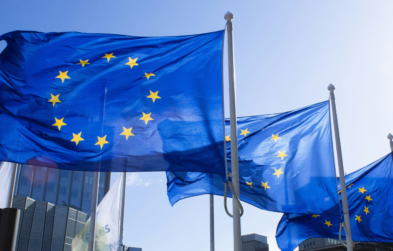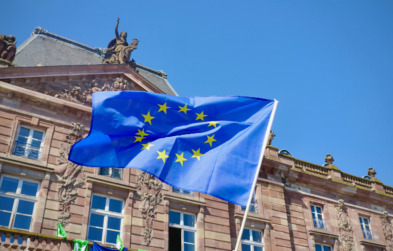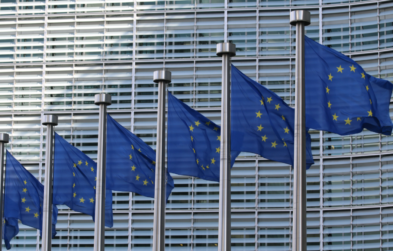European Union (EU)
-
May 13, 2024
Questions About the EU AI Act – Cybersecurity Law Articles
Matt Fleischer-Black reported on the EU AI Act for Cybersecurity Law Report in a 3-part series available here (paywall access required). This detailed review summarizes the overview and procedural history of the EU AI Act, and then...
Brenda Leong

-
February 16, 2024
EU Digital Services Act to Become Fully Effective this Week, Triggering New Obligations for a Wide Range of Online Providers Doing Business in the EU
Enacted in 2022 and already partially in effect, the European Union’s (EU) Digital Services Act (“DSA”) will come fully into force on February 17, expanding the obligations of a broad range of online service providers doing business in...
Steve Lane, Alexei Klestoff

-
December 20, 2023
The EU’s Early Holiday Gift – Agreement on The AI Act
The EU has once again beaten the rest of the world to the regulatory punch, this time on artificial intelligence. After six months of negotiations, the European Commission, the European Council, and the European Parliament have...
Alexei Klestoff, Noah Katz

-
July 21, 2023
EU, Swiss, and UK Data Privacy Frameworks: What You Need to Know
On Monday, July 17, 2023, the Department of Commerce launched a new website at https://www.dataprivacyframework.gov/s/ (“DPF Website”) providing more information about the new Data Privacy Framework covering EU, Swiss, and UK data transfers to the United States...
Kandi Parsons, Hannah Schaller

-
July 12, 2023
Quick Facts: New EU-U.S. Data Privacy Framework
On July 10, 2023, the European Commission (“EC”) adopted its adequacy decision for the EU-U.S. Data Privacy Framework (“DPF”), ushering in a new era of transatlantic data flows. Key points: Adequacy Decision The adequacy decision finds that,...
Hannah Schaller, Mason Weisz

-
December 20, 2022
Up Next in the Schrems Saga: Draft Adequacy Decision on EU-U.S. Data Privacy Framework
On December 13, 2022, the European Commission (the “Commission”) released a draft adequacy decision for the EU-U.S. Data Privacy Framework (“Framework”). The draft decision proposes the Framework as a new transfer mechanism for EU-U.S. data flows...
Hannah Schaller, Daniel Levin

-
October 7, 2022
Son of Son of Safe Harbor: A Schrems Solution Arrives
Today, the U.S. took a giant step toward resolving the “Schrems II” EU data transfer problem, possibly allowing the United States to earn a partial adequacy determination from the European Commission early next year. President...
Hannah Schaller, Cat Kellogg, Mason Weisz

-
July 8, 2021
European Parliament Says CSAM Detection Can Continue – For Now
On July 6, 2021, the European Parliament approved legislation allowing online service providers to continue scanning their services for child sexual abuse material (CSAM). The legislation creates a temporary exemption from provisions of Directive 2002/58/EC (the ePrivacy...
Hannah Schaller, Jeff Landis

-
April 5, 2019
New EU Cookie Consent Recommendation from Advocate General
On March 21, 2019, Advocate General Maciej Szpunar (“Advocate General” or “AG”) of the Court of Justice of the European Union (“CJEU”) issued an opinion in which he recommended that the Court rule that pre-checked boxes...
Michelle Anderson, Devron Brown, Mason Weisz

-
January 11, 2019
EU to Allow Geographic Limits on Right-to-Be-Forgotten Requests if Court Adopts New AG Opinion
The EU’s highest court may be poised to allow Google and other search engines to honor most right-to-be-forgotten requests in a way that impacts only searches from within the EU, i.e., without affecting results for...
Mason Weisz, Michelle Anderson


